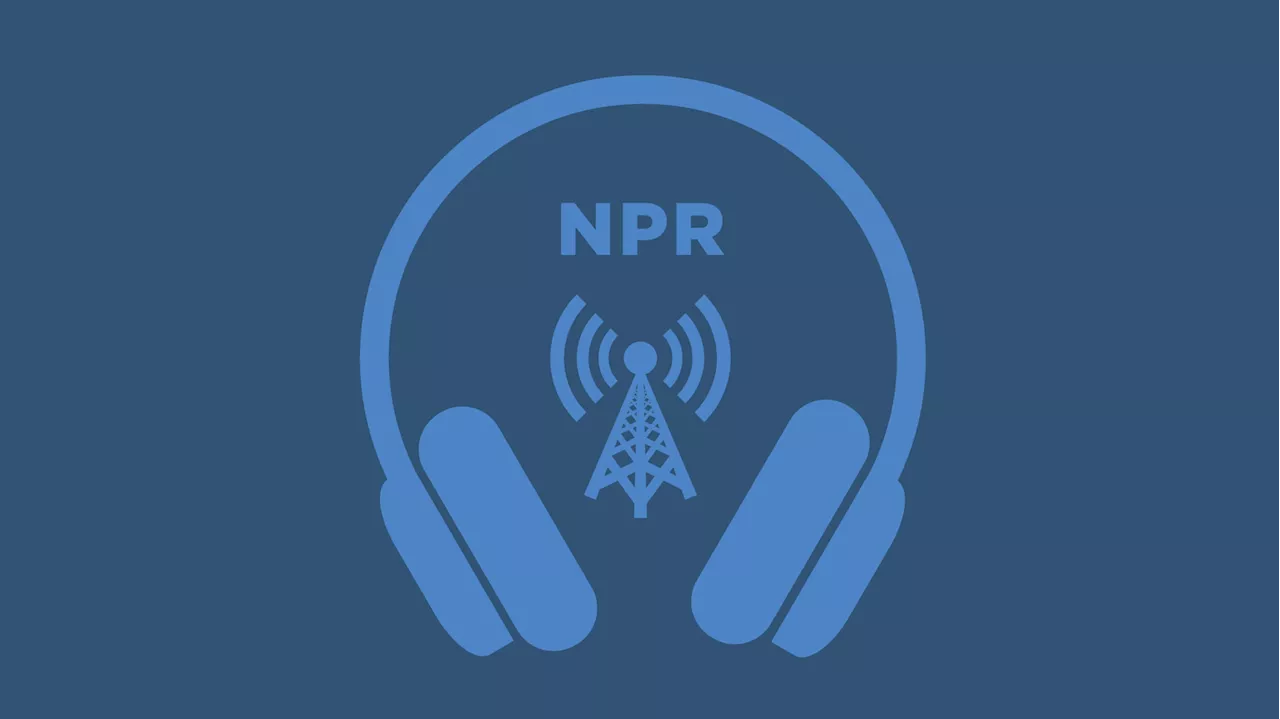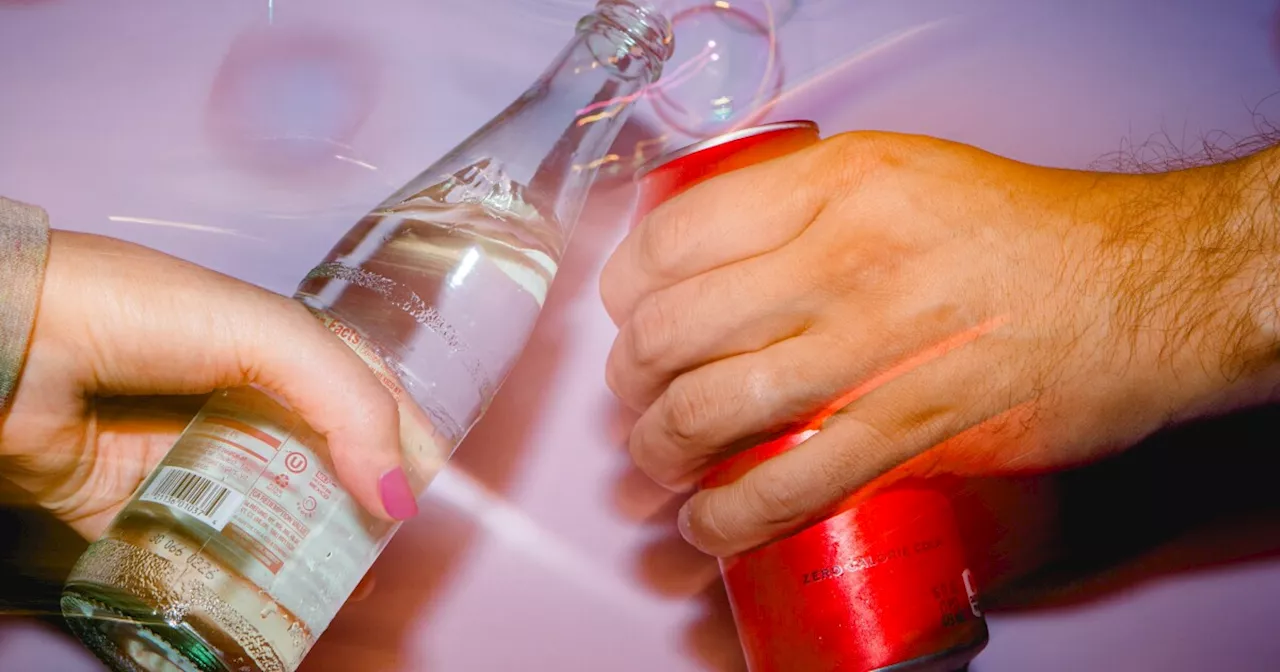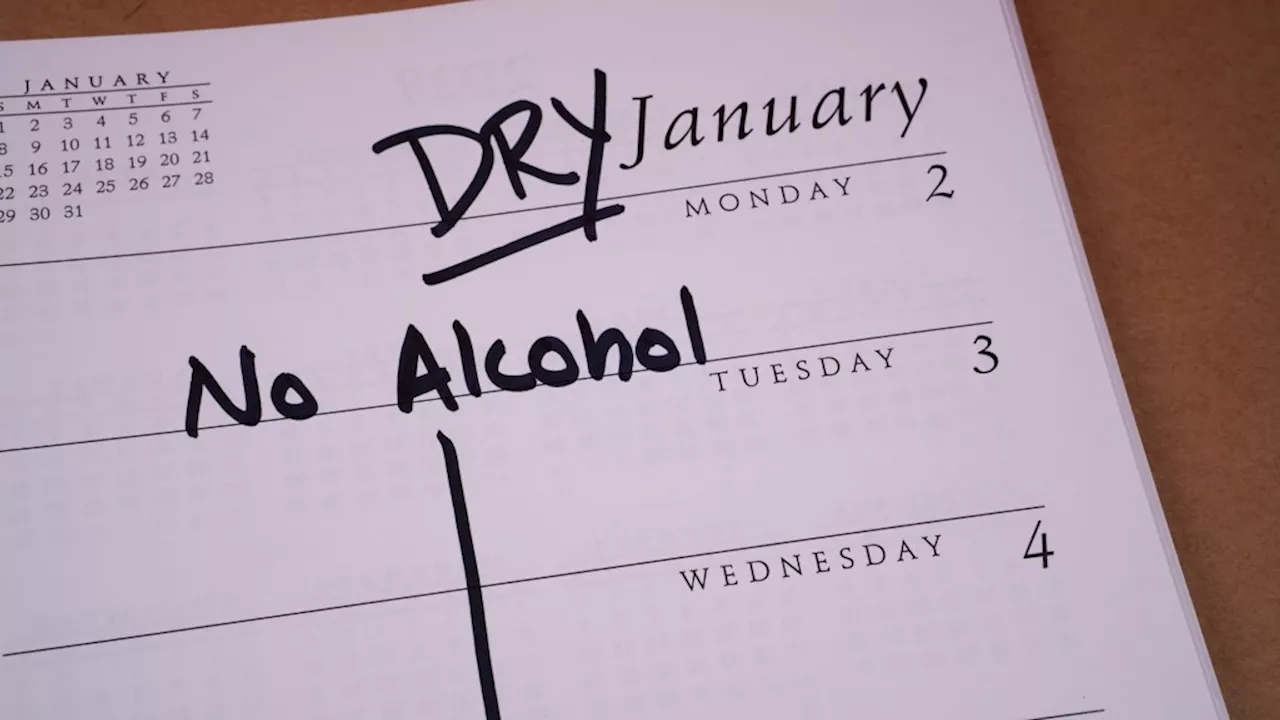This article provides information about Dry January, a challenge encouraging people to abstain from alcohol for January. It discusses the potential health benefits, offers tips for setting realistic goals, and emphasizes the importance of consulting a healthcare professional for individuals dependent on alcohol.
Jillian Kubala, MS, is a registered dietitian based in Westhampton, NY. Jillian uses a unique and personalized approach to help her clients achieve optimal wellness through nutrition and lifestyle changes. In addition to her private practice, Jillian works as a writer and editor and has written hundreds of articles on nutrition and wellness for top digital health publishers.Melissa Nieves, LND, RD, is a registered dietitian with Practical Nutrition, LLC.
She also works as a bilingual telehealth dietitian for Vida Health Program.Dry January is a yearly challenge during which people refrain from consuming alcohol for the month of January. Participating in Dry January can help you become more aware of your alcohol intake and may also lead you to reap some health benefits such as weight loss and lower blood pressure. Originally started in 2013 by the British charity Alcohol Change UK, the Dry January initiative is designed to raise awareness about alcohol use and support a healthier, lower-alcohol lifestyle. If you're interested in doing Dry January or cutting back on alcohol in general, there are a few habits that can help you stay on track.When you’re participating in Dry January, it’s important to set realistic goals. Though most people choose to completely abstain from alcohol for the month, this might not be the best choice for everyone. People who drink heavily may have a difficult time completely quitting alcohol and may need to slowly cut back on their consumption. For example, if you’re currently drinking multiple alcoholic beverages per day, you may choose to take a less strict approach to Dry January, focusing on reducing your alcohol intake rather than completely avoiding alcohol. People who are dependent on alcohol should not attempt to complete Dry January without the help of their healthcare provide
DRY JANUARY ALCOHOL CONSUMPTION HEALTH BENEFITS WEIGHT LOSS BLOOD PRESSURE
United States Latest News, United States Headlines
Similar News:You can also read news stories similar to this one that we have collected from other news sources.
 Expert Guide to Dry January: Tips for Success and BenefitsThis article offers an expert guide to navigating Dry January, providing tips for success, highlighting the potential benefits of a month-long break from alcohol, and addressing common concerns.
Expert Guide to Dry January: Tips for Success and BenefitsThis article offers an expert guide to navigating Dry January, providing tips for success, highlighting the potential benefits of a month-long break from alcohol, and addressing common concerns.
Read more »
 Navigating Dry January: Tips for SuccessThis article explores the growing trend of Dry January, offering advice on how to successfully abstain from alcohol for the entire month. It discusses the motivations behind Dry January, ranging from detoxification to a deeper examination of one's relationship with alcohol. The piece features insights from a professor at UCI, who suggests approaching Dry January as a practice and provides tips for staying on track throughout the challenge.
Navigating Dry January: Tips for SuccessThis article explores the growing trend of Dry January, offering advice on how to successfully abstain from alcohol for the entire month. It discusses the motivations behind Dry January, ranging from detoxification to a deeper examination of one's relationship with alcohol. The piece features insights from a professor at UCI, who suggests approaching Dry January as a practice and provides tips for staying on track throughout the challenge.
Read more »
 Dry January Guide: Tips for a Sober MonthA helpful guide for those looking to take a break from alcohol during January, exploring the benefits, strategies, and etiquette of sober socializing.
Dry January Guide: Tips for a Sober MonthA helpful guide for those looking to take a break from alcohol during January, exploring the benefits, strategies, and etiquette of sober socializing.
Read more »
 Hangover Myths and Dry January TipsThis article explores common hangover myths, dispels misconceptions about alcohol consumption, and offers practical advice for navigating a dry January. It also includes guidance on supporting children affected by a family member's addiction.
Hangover Myths and Dry January TipsThis article explores common hangover myths, dispels misconceptions about alcohol consumption, and offers practical advice for navigating a dry January. It also includes guidance on supporting children affected by a family member's addiction.
Read more »
 Dry January: Benefits and Tips for a Successful Alcohol-Free MonthThis article explores the potential benefits of taking a break from alcohol during Dry January, including improved sleep, increased energy, and reduced irritability. It also provides tips from a sobriety coach on how to make this challenge a success.
Dry January: Benefits and Tips for a Successful Alcohol-Free MonthThis article explores the potential benefits of taking a break from alcohol during Dry January, including improved sleep, increased energy, and reduced irritability. It also provides tips from a sobriety coach on how to make this challenge a success.
Read more »
 Dry January: More Than Just a New Year's ResolutionExplore the benefits and tips for making Dry January a successful and sustainable wellness practice.
Dry January: More Than Just a New Year's ResolutionExplore the benefits and tips for making Dry January a successful and sustainable wellness practice.
Read more »
